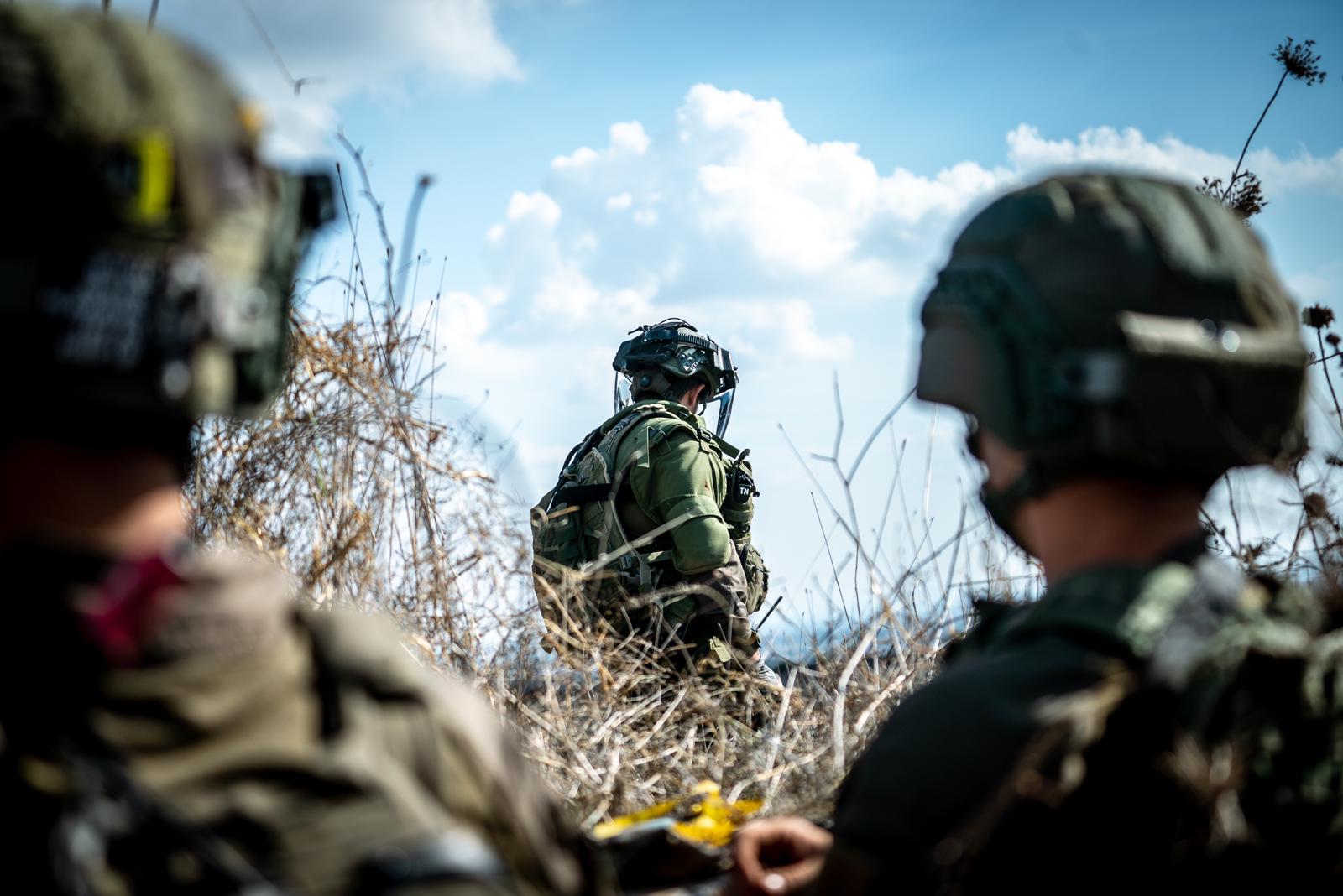British Government Detainee Inquiry
The UK Human Rights Blog has this analysis of the British government's detainee inquiry, which is just getting off the ground.
The UK Human Rights Blog has this analysis of the British government's detainee inquiry, which is just getting off the ground. It includes useful links to the investigation's terms of reference and protocol documents, as well as a description of the criticism the inquiry is receiving from human rights groups:
The Terms of Reference and the Protocol for the Government’s impending Detainee Inquiry have recently been published. The Protocol makes clear that the Inquiry is to be granted unfettered access to a broad range of information, but the limitations on the publication of that information have prompted criticism from human rights groups. On 6th July 2010, Prime Minister David Cameron announced to the House of Commons that an independent inquiry would be held into whether or not the UK Government was implicated in or aware of the improper treatment of detainees held by other countries in the aftermath of the September 11th terrorist attacks. On the same day, he wrote to Sir Peter Gibson inviting him to lead the inquiry, and appointed as his fellow panel members Dame Janet Paraskeva and Peter Riddell. Philippa Whipple QC of 1 Crown Office Row has been appointed as counsel to the inquiry. . . . Exactly one year after the Prime Minister made his announcement, on 6th July 2011 the Inquiry and the Government published the Terms of Reference (TOR), which officially define the substantive scope of the Inquiry’s investigations. As indicated by the Prime Minister a year ago, the Inquiry is to look into whether, and if so to what extent, the UK Government or its security/intelligence agencies were involved in or knew about the improper treatment or rendition of detainees held by other countries in overseas counter-terrorism operations in which the UK played a part. It is also to look at the Government’s policy in respect of its developing awareness of the practices of other countries in their treatment of detainees, how that policy was implemented, and what guidance was given to UK Crown servants in their dealings with detainees held by other countries.
Benjamin Wittes is editor in chief of Lawfare and a Senior Fellow in Governance Studies at the Brookings Institution. He is the author of several books.





